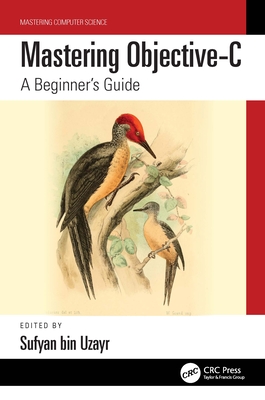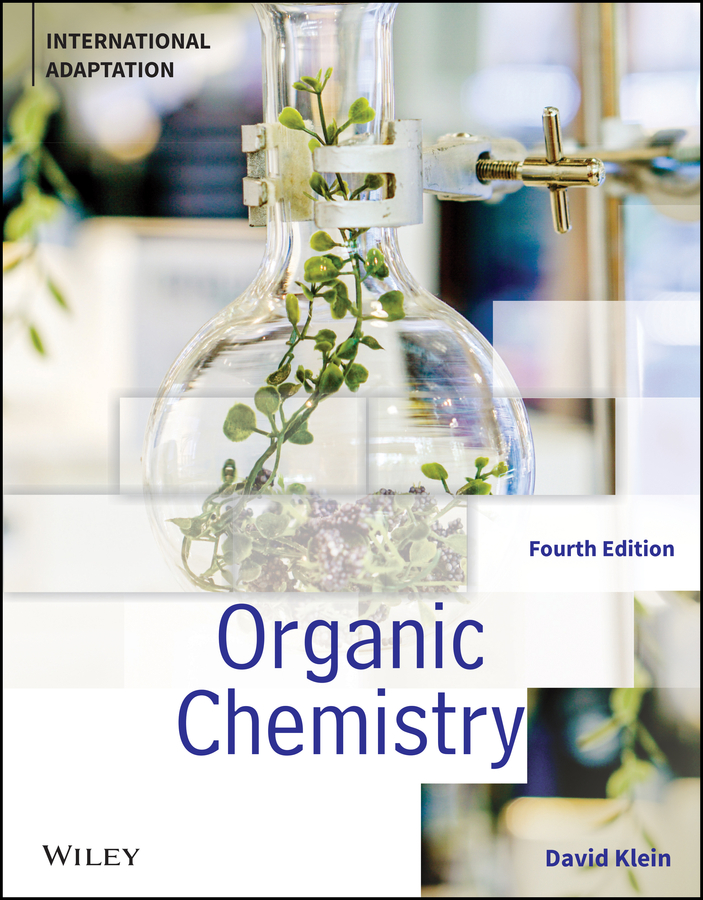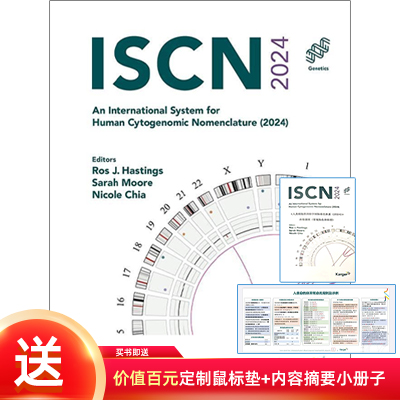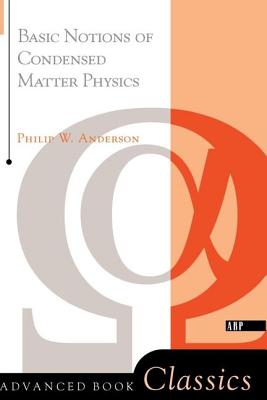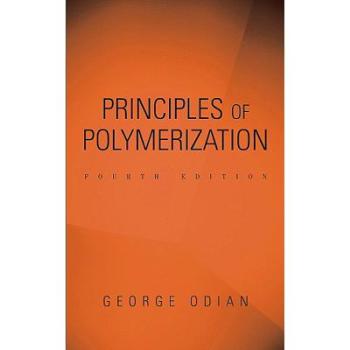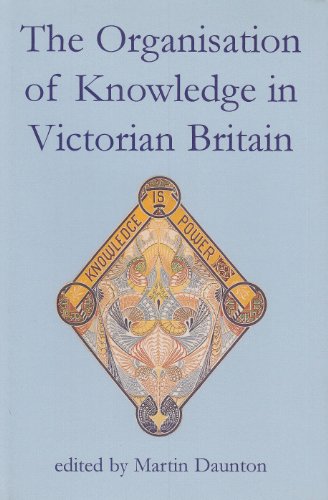
The Organisation of Knowledge in Victorian Britain(British Academy Centenary Monographs)
维多利亚时期英国知识组织
非洲史
¥
1400.00
售 价:
¥
1050.00
优惠
平台大促 低至8折优惠
发货周期:预计5-7周发货
作 者
出 版 社
出版时间
2005年05月26日
装 帧
精装
页 码
432
开 本
234x156mm
语 种
英文
综合评分
暂无评分
- 图书详情
- 目次
- 买家须知
- 书评(0)
- 权威书评(0)
图书简介
This collection of essays explores the questions of what counted as knowledge in Victorian Britain, who defined knowledge and the knowledgeable, by what means and by what criteria. During the Victorian period, the structure of knowledge took on a new and recognizably modern form, and the disciplines we now take for granted took shape. The ways in which knowledge was tested also took on a new form, with the rise of written examinations. New institutions of knowledge were created: museums were important at the start of the period, universities had become prominent by the end. Victorians needed to make sense of the sheer scale of new information, to popularize it, and at the same time to exclude ignorance and error - a role carried out by encyclopaedias and popular publications. By studying the Victorian organization of knowledge in its institutional, social, and intellectual settings, these essays contribute to our wider consideration of the complex and much debated concept of knowledge.
本书暂无推荐
本书暂无推荐
